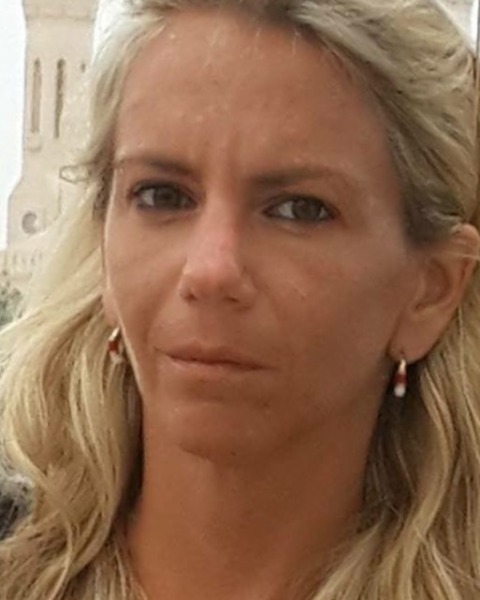Program Evaluation
Program: Section on Global Health
P3.I165: Well-child visits program in remote locations, Fundacion Baylor Argentina
Sunday, September 29, 2024
11:45 AM - 1:15 PM EDT
Location: Poster Hall: Hyatt Regency Orlando, Plaza International Ballroom
Background: High-quality well-child visits can improve the health of children and support caregiver behaviors to promote their children’s health. Baylor Argentina´s pediatric programs in Añelo and Rincon de los Sauces recommend regular well-child care visits from birth to 16 years of age to assess developmental milestones, hearing, vision, nutrition, sleep and growth, and for injury and disease prevention. These visits provide an opportunity for additional age-appropriate preventive services such as immunizations, screening and monitoring to detect developmental delays and follow up with early intervention services as needed.
Methods: The well-child care program includes tracking the growth and development of children from birth to 16 years old living in Añelo and Rincon de los Sauces, two remotes towns in Neuquen province with limited access to health care services. The Foundation’s pediatricians review the child’s growth and development by physical examination, screening tests, checking blood pressure, performing vision and hearing screening, and anemia detection at each scheduled visit. These visits provide an opportunity to review and discuss important areas of childhood development, to provide anticipatory guidance, to promote good health and also allow pediatricians to establish a relationship with the parents or caregivers.
Results: Since the inception of the Baylor Argentina well-child care program in Añelo in February 2018 and Rincon de los Sauces in 2022 through March 2024, we have performed 6620 well-child care visits. In addition, 6620 immunizations records were reviewed and updated. The prevalence of patients that are currently being followed for conditions identified through the screening was 40%. The prevalence of anemia in children under 4 years old was of 38%. The prevalence of obesity and overweight was 59%, higher rate than national data from Argentina Well-child visits for infants and young children provided us the opportunity to screen for medical problems, to provide preventative guidance to parents and caregivers and to promote good health.
Conclusion: Through the screenings we had early disease detection and provided timely treatment giving our children the best chance for proper and successful treatment.
We plan to continue developing our outreach strategies and to expand our program to other communities of influence with vulnerable children, as well as strengthening strategic partnership with key stakeholders
Methods: The well-child care program includes tracking the growth and development of children from birth to 16 years old living in Añelo and Rincon de los Sauces, two remotes towns in Neuquen province with limited access to health care services. The Foundation’s pediatricians review the child’s growth and development by physical examination, screening tests, checking blood pressure, performing vision and hearing screening, and anemia detection at each scheduled visit. These visits provide an opportunity to review and discuss important areas of childhood development, to provide anticipatory guidance, to promote good health and also allow pediatricians to establish a relationship with the parents or caregivers.
Results: Since the inception of the Baylor Argentina well-child care program in Añelo in February 2018 and Rincon de los Sauces in 2022 through March 2024, we have performed 6620 well-child care visits. In addition, 6620 immunizations records were reviewed and updated. The prevalence of patients that are currently being followed for conditions identified through the screening was 40%. The prevalence of anemia in children under 4 years old was of 38%. The prevalence of obesity and overweight was 59%, higher rate than national data from Argentina Well-child visits for infants and young children provided us the opportunity to screen for medical problems, to provide preventative guidance to parents and caregivers and to promote good health.
Conclusion: Through the screenings we had early disease detection and provided timely treatment giving our children the best chance for proper and successful treatment.
We plan to continue developing our outreach strategies and to expand our program to other communities of influence with vulnerable children, as well as strengthening strategic partnership with key stakeholders

Andrea E. Imsen (she/her/hers)
Pediatrician
Fundacion Baylor Argentina
neuquen, Neuquen, Argentina

